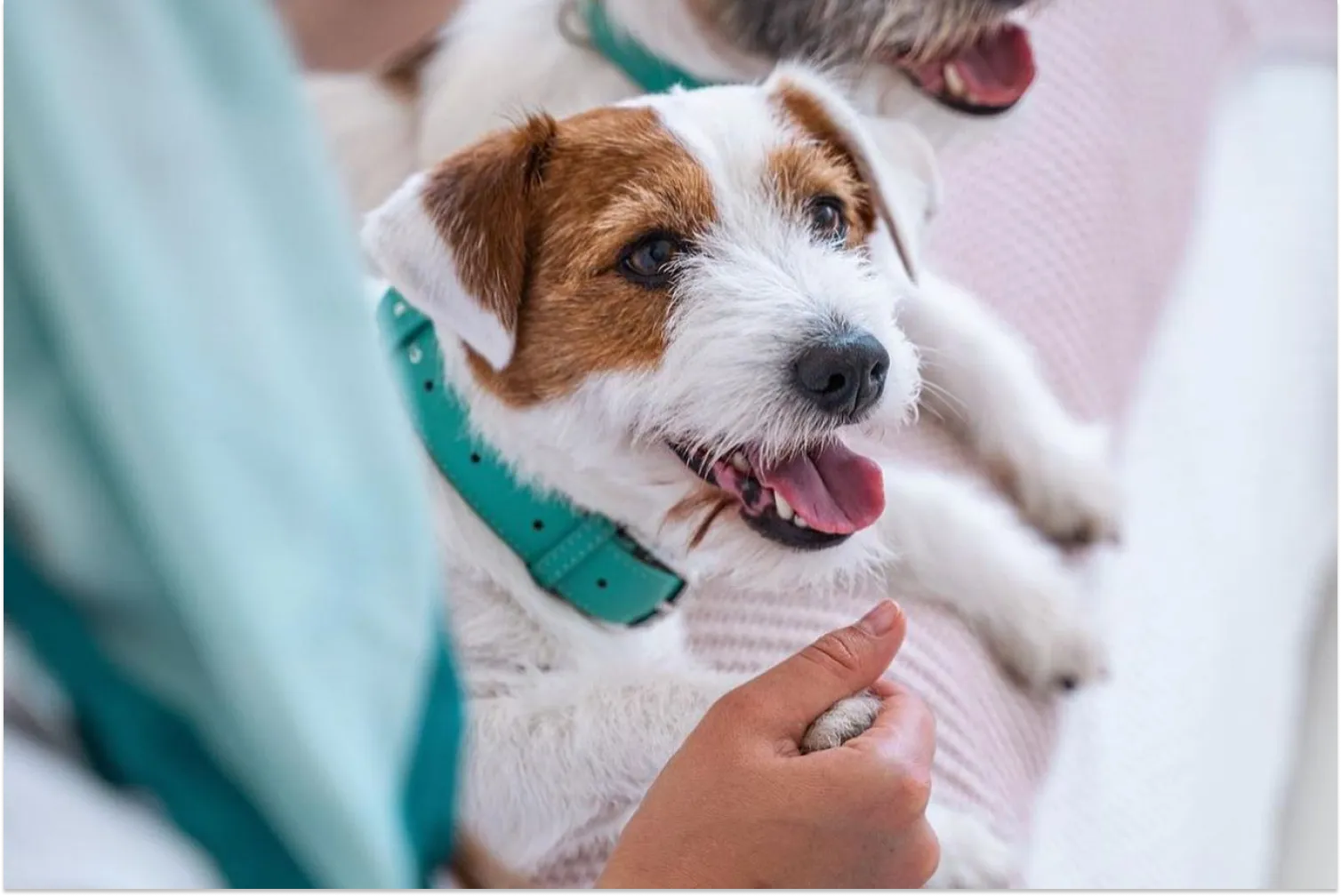If your dog is not eating, there’s a reason. To get their appetite back and enjoy their meals again, it’s imperative to learn what’s keeping them from enjoying their food. It may be a serious health issue that requires veterinarian care, or it could be something as simple as looking at what they’re eating.
The answer isn’t always clear-cut. It may take some investigating, but here’s what you can try. Here is what affects a dog’s appetite.
New food isn’t liked by them
What reduces a dog’s appetite may be that they do not like their current food. They may not like the updated flavour if they’ve recently switched kibbles. If the ingredients list on their typical kibble has changed, that may be another explanation for why their appetite is lacking.
They don’t clean their food bowls
A dirty food bowl with a foul smell may keep your dog from eating. Give their food and water bowls a good clean with soap and water to see if that changes their appetite.
Food may have gone bad
Some brands like Open Farm dog food can last for a long time. But like human food, it may expire after several months. If a dog refuses to eat, some or all of its kibble or usual food has become bad and no longer tastes good.
The house has a new dog
If a new dog or pet is in the house, your dog may feel uncomfortable eating next to them. They may need to eat separately at feeding time.
Medicines are affecting their appetites
Prescription medications reduce appetite and cause nausea. A dog on a new medicine might not eat. This might include if they are on a new prescription diet.
If you suspect this is happening, contact your vet to discuss alternatives. They may be able to put them on another medication or prescribed diet that your furry friend will love.
Less exercise may be affecting them
Exercise stimulates appetite. If your dog used to get more walks and physical activity, and now they’re not as physically active, this may reduce appetite.
There may be pain in their mouths or teeth
A dog may still be drinking water but not eating food. If it’s avoiding chewing hard kibble, it may be from mouth or dental pain. As a temporary solution, while you arrange treatment for their dental pain, kibble can be made softer by adding warm water or salt-free broth to its bowl.
There may be intestinal discomfort
If a dog is constipated, has diarrhea, or experiences intestinal discomfort, it may not want to eat to reduce the chance of feeling that discomfort again. A vet must investigate this to ensure the dog isn’t suffering from intestinal parasites or blockages.
Their eating habits were not healthy
Especially if a small puppy is young and doesn’t know what’s food and what isn’t, they may have consumed a shoelace or parasites. This could mean a foreign object that requires surgery to remove.
Too many treats are being given to them
If your dog’s appetite is not for regular meals but treats, it may receive too many treats. Scale back. This will make your puppy hungry come mealtime and more likely to dig into its food.
It is possible that they do not like the environment
If there are distractions or the environment around their food is noisy, especially in an unfamiliar house, a dog might be apprehensive about approaching their food. To test this, put their food and water in a quiet spot with less distractions. See if this switch gets them to eat more.
Sadness or anxiety may be felt by your dog
A dog who is anxious or upset may not want to eat. Moving to a new home unfamiliar to them, being at a boarding facility while you’re on vacation, a recent death in the family, or even a roommate moving out or the kids returning to school can negatively affect a dog’s emotional state. As with humans, emotions can sway a dog’s appetite as well.
There may be a serious illness going on
A dog with an illness such as cancer may not want to eat. Chemotherapy may alter the smell or taste of certain foods or dull the senses of smell and taste, decreasing the dog’s interest in food.
Their age may be a factor
As dogs age, they slow down a bit and eat less. That said, they should still eat regular meals. It’s crucial to consider senior dog care, as older dogs may require special attention to their dietary and health needs. Dogs can also be ill with something minor or serious. Always have a senior dog examined by a vet if you notice drastic changes in their appetite.

Leave a Reply